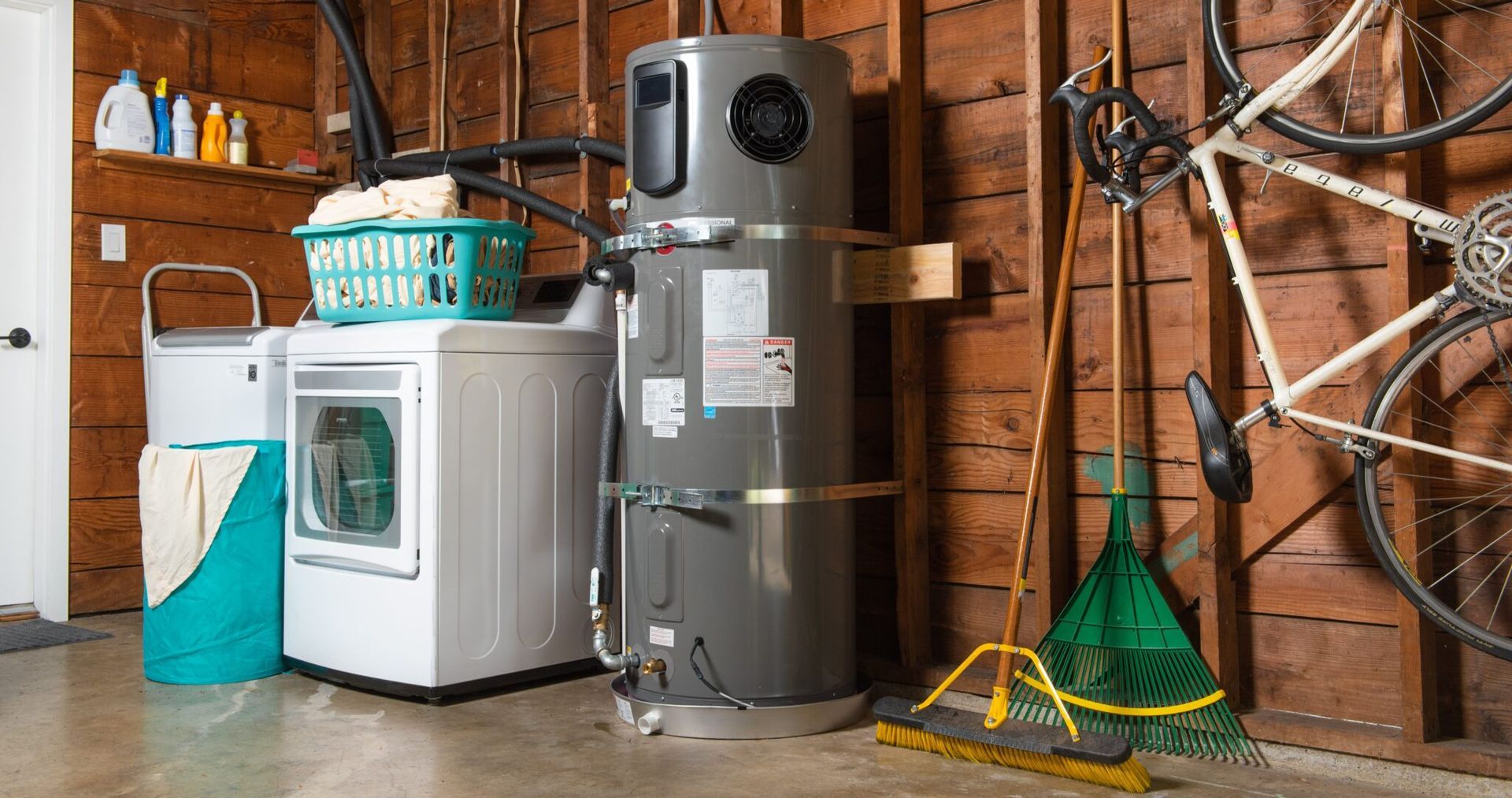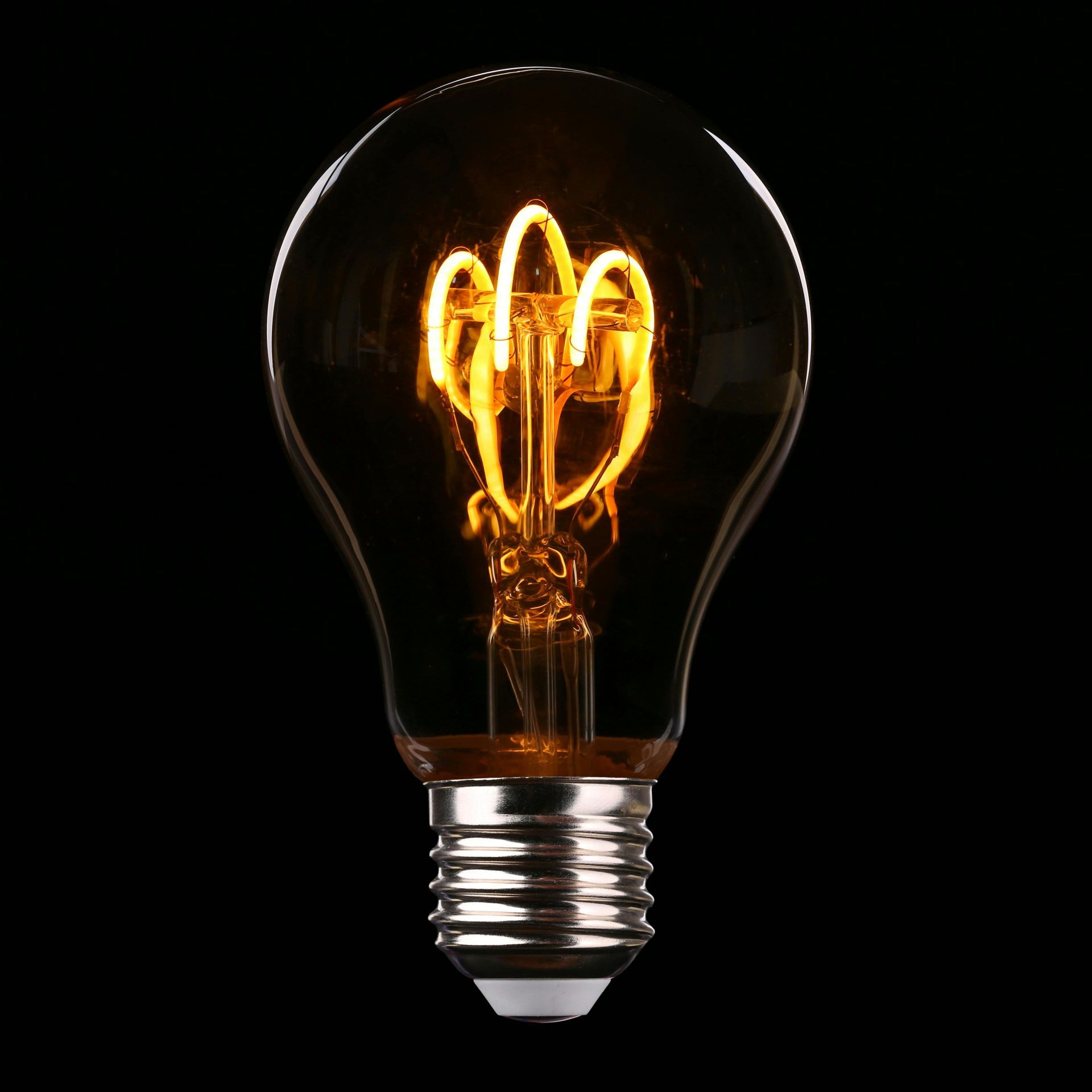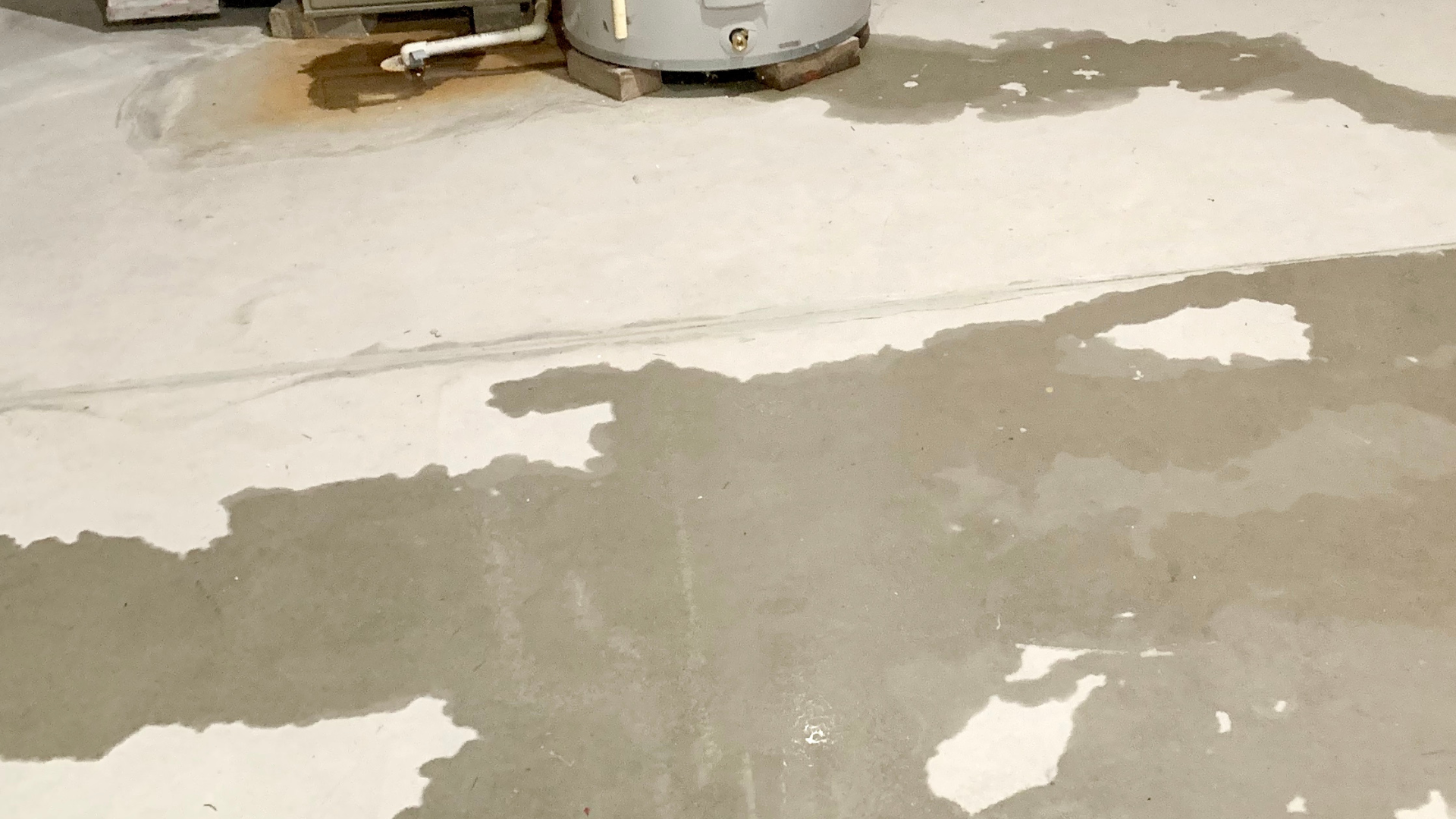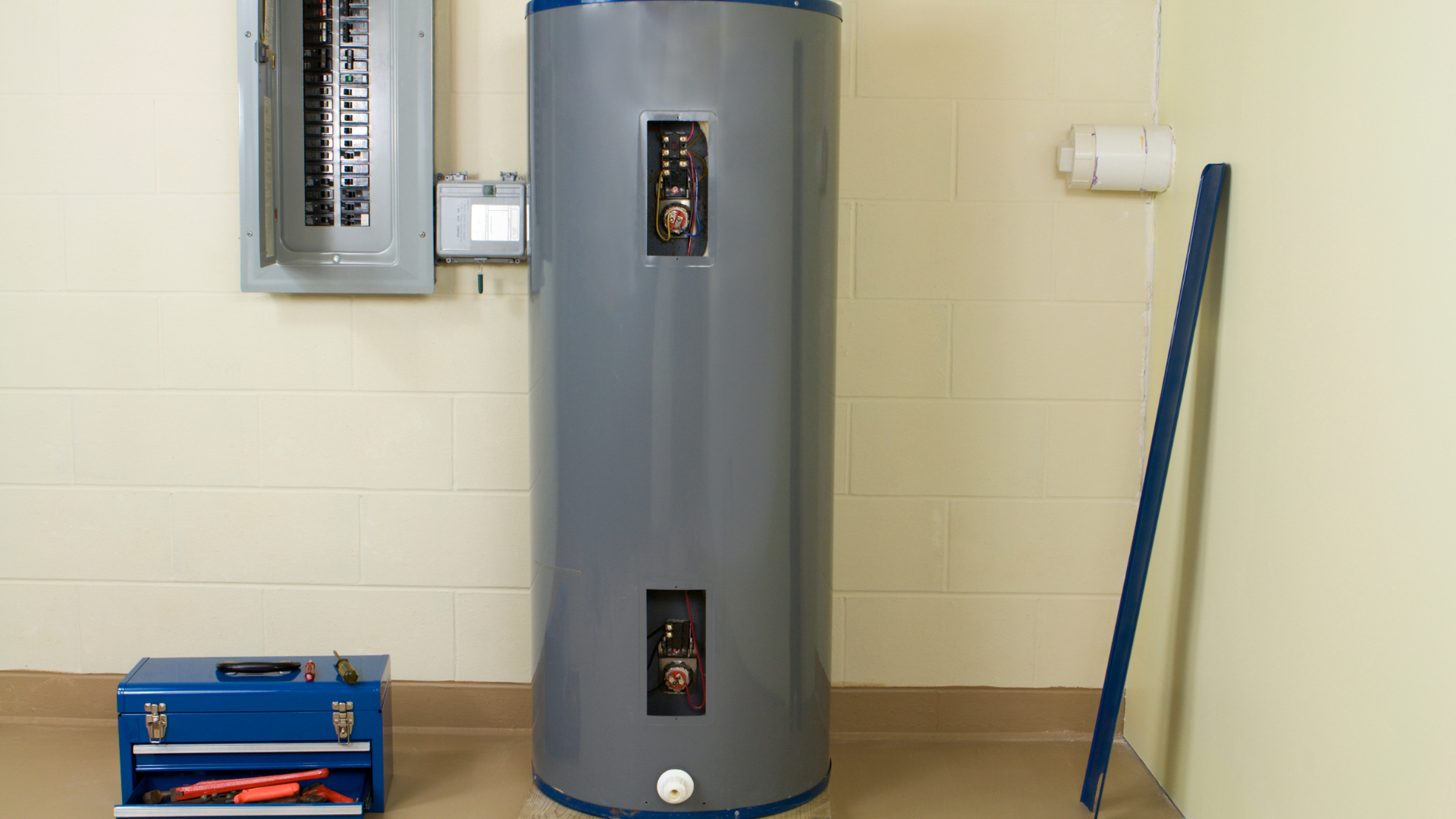Should You Turn Off Your Water Heater While on Vacation
Why Turn It Off?

Vacation season is upon us! As you make your packing list and confirm your travel plans, a common question might cross your mind: "Should I turn off my water heater to save energy while I'm away?" The short answer is, it depends! And yes, the type of water heater you have can make a difference.
Let's break down the factors to consider for electric, gas, and oil water heaters.
The General Idea: Why Turn It Off?
The primary motivation behind turning off your water heater for vacation is energy savings. A traditional storage tank water heater, regardless of its fuel source, constantly works to maintain the water in its tank at a set temperature. This is known as "standby heat loss." If you're not home using hot water, that energy is essentially being wasted.
Electric Water Heaters
Pros of Turning Off:
- Direct Energy Savings: Electric water heaters are typically powered by heating elements that draw a significant amount of electricity. Turning off the circuit breaker for your electric water heater means it completely stops consuming energy, eliminating standby losses. For longer vacations (several weeks or more), these savings can be noticeable on your electricity bill.
- Reduced Risk: While rare, turning off the power can eliminate the (small) risk of an electrical malfunction or leak while you're away.
Cons of Turning Off:
- Reheating Time: When you return, it will take several hours for your electric water heater to heat a full tank of cold water back to your desired temperature. This can be inconvenient, especially if you want a hot shower right after a long journey.
- Minimal Savings for Short Trips: For short vacations (a few days to a week), the energy saved might be minimal and potentially offset by the energy surge required to reheat the entire tank from scratch. Some experts suggest the savings for a short trip might be only a few dollars.
- "Wear and Tear" (Minor): While not a major concern for modern units, some argue that repeatedly cycling the power on and off can put a tiny bit of extra stress on components over a very long period.
Best Practice for Electric:
- Short Vacations (under 1 week): Generally, it's fine to leave it on. The convenience often outweighs the minimal savings.
- Medium to Long Vacations (1+ weeks): Consider turning off the breaker.
- Vacation Mode: Many newer electric water heaters have a "vacation mode" setting, which maintains the water at a lower temperature (e.g., 50°F / 10°C) to prevent freezing and reduce energy consumption without completely turning off. This is often the ideal solution.
Gas Water Heaters
Pros of Turning Off:
- Gas Savings: Similar to electric, turning off a gas water heater eliminates continuous gas consumption for maintaining water temperature.
- Reduced Risk: Shutting off the gas supply can prevent any potential gas leaks while you're away, though modern gas water heaters have safety mechanisms for this.
Cons of Turning Off:
- Pilot Light: Many gas water heaters have a standing pilot light that consumes a small amount of gas continuously, even if the main burner is off. If you turn off the main gas supply, you'll need to relight the pilot light when you return, which can be a bit more involved than flipping a breaker.
- Reheating Time: Like electric, a gas water heater will need time to reheat the tank.
- Carbon Monoxide Risk (if not re-lit properly): While rare, improper relighting of a pilot light or a faulty unit could pose a carbon monoxide risk. Always follow manufacturer instructions carefully.
Best Practice for Gas:
- Short Vacations: It's generally not worth the effort to turn off the gas and relight the pilot.
- Longer Vacations (several weeks or more): You might see more significant savings by turning off the gas supply and relighting the pilot upon return.
- Vacation Mode: If your gas water heater has a "vacation mode" or a "pilot" setting on the thermostat, this is often the best compromise. It keeps the pilot light on but significantly reduces the main burner's activity.
Oil Water Heaters
Pros of Turning Off:
- Oil Savings: Oil-fired water heaters can consume a fair amount of fuel to maintain temperature. Turning them off for an extended period can lead to noticeable oil savings.
- Reduced Risk: As with other types, it can mitigate the (small) risk of a malfunction or leak while unoccupied.
Cons of Turning Off:
- Reheating Process: Oil water heaters can also take time to reheat the tank.
- System Complexity: Oil heating systems can be more complex than electric or gas. If you're not familiar with the proper shutdown and startup procedures, it's best to consult your owner's manual or a professional. Improper restarting can lead to issues.
- Sludge/Clogging (Minor): In some very old oil systems, prolonged shutdown might, in rare cases, contribute to minor issues like fuel line sludge, though this is less common with modern fuels and systems.
Best Practice for Oil:
- Longer Vacations (several weeks or more): Turning off the oil water heater can offer substantial savings.
- Consult Your Manual/Professional: Due to the slightly more complex nature of oil systems, it's highly recommended to refer to your owner's manual for specific shutdown and startup instructions, or even have a professional handle it if you're unsure.
- Consider "Low" Setting: If available, a low-temperature setting can offer a good balance for slightly shorter extended trips.
Beyond the Fuel Type: Other Important Considerations
- Freezing Pipes: If you live in a climate where temperatures can drop below freezing, leaving your water heater completely off for an extended period in winter could put your pipes at risk of freezing and bursting. In such cases, using a "vacation mode" or keeping the thermostat at a low-but-safe temperature (e.g., 50-60°F or 10-15°C) is crucial.
- Legionella Bacteria: While generally a low risk for residential water heaters operating at recommended temperatures (120-140°F), stagnant water at lukewarm temperatures can, in rare instances, create conditions for Legionella bacteria growth. If you turn off your water heater for an extended period (months), it's advisable to run all hot water faucets for a few minutes upon your return to flush the system before use.
- Main Water Shut-Off: Regardless of your water heater type, it's always a good idea to shut off your main water supply to your home if you're going away for more than a few days. This can prevent catastrophic water damage from leaks or burst pipes while you're away, a far more costly issue than any water heater energy savings.
The Bottom Line
For most typical vacations (a week or two), the energy savings from completely turning off your water heater might be less significant than you imagine, especially when weighed against the inconvenience of no immediate hot water upon return.
However, for longer absences (three weeks or more), or if your water heater has a convenient "vacation mode", it's generally a good idea to utilize these features to maximize energy savings and minimize risks. Always prioritize safety and consult your water heater's manual for specific recommendations. And remember, turning off your main water supply is a smart move for any extended trip!
Click Another Article to Read More










